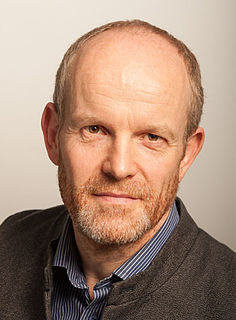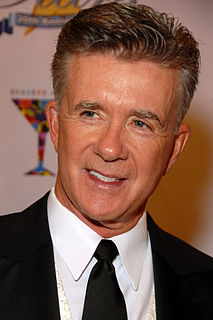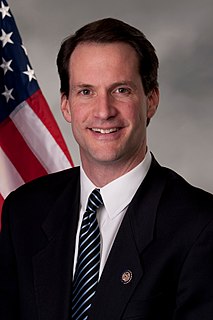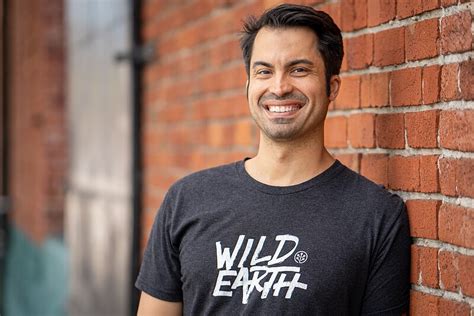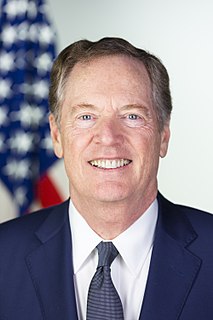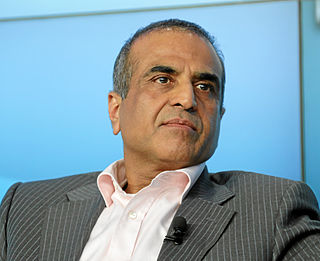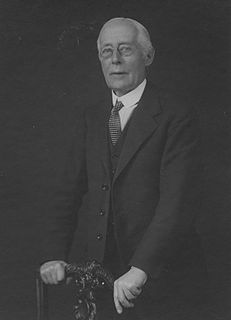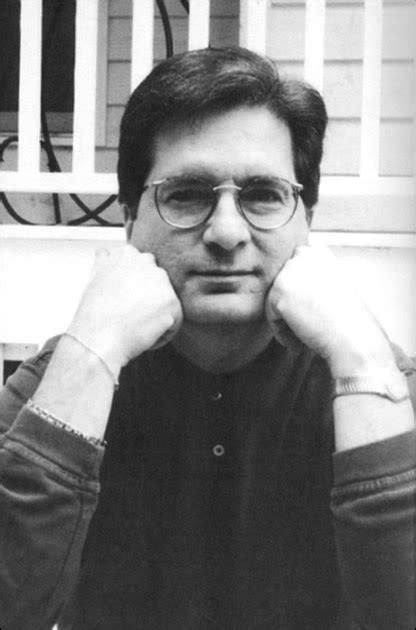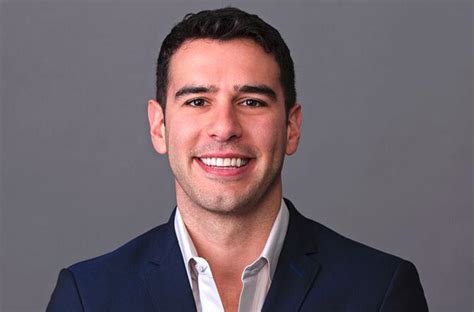Top 1200 Baked Goods Quotes & Sayings - Page 20
Explore popular Baked Goods quotes.
Last updated on November 19, 2024.
Greediness consists in ravishing the goods of another through violence or cunning, as in the two noble professions of the conqueror and courtier. But the merchant, like all other industrious men, seeks his benefit only in his talent, in virtue of freely arrived at agreements, and appealing to faith and the laws.
When you play No Limit Hold'em, the ideal strategy is to take minimal risk, do little bluffing, and hope that weaker players call you when you have a strong hand. But that's the perfect world. Sometimes you'll face opponents that play very conservatively and will rarely pay you off when you have the goods.
Globalization, meaning the global expansion of a market economy, is the only way we can guarantee widespread prosperity and peace. A lot of nations are just so small, that unless they can sell their goods and services on the market they're never going to develop, they don't have an internal market that's big enough to sustain anything.
I see the liberty of the individual not only as a great moral good in itself (or, with Lord Acton, as the highest political good), but also as the necessary condition for the flowering of all the other goods that mankind cherishes: moral virtue, civilization, the arts and sciences, economic prosperity.
I believe, unlike people that are totally free-market, laissez-faire fundamentalists, that there is an important role that the government can play - one, in providing public goods, whether it's education, health care, or other things, and two, supervising countercyclical policy - stimulus, whether it's monetary, fiscal, or otherwise.
For as long as human beings are forced to live in a system that at every turn impedes the fulfillment of their basic human needs - not only for love but for creative and spiritual expression - they will try to compensate for this in other ways, including the compulsive acquisition of ever more material goods.
Businesses just want to increase their profits; it's up to the government to make sure they distribute enough of those profits so workers have the money to buy the goods they produce. It's no mystery - the less poverty, the more commerce. The most important investment we can make is in human resources.
I wasn't running toward the theater but running away from the sporting goods store. Of course now that I'm selling spaghetti sauce (with Newman's Own), I begin to understand the romance of business.. the allure of being the biggest fish in the pond and the juice you get from beating out your competitors.
The single most significant change has been the globalization of labor markets. Product markets - trade in goods - have been globalizing for years. But now, with the reduction in communication expenses and the building of all sorts of IT infrastructure, essentially any job can be done almost anywhere.
To Republicans, I humbly suggest that we make it possible for Democrats to give up their quest for redistribution of income and wealth by our acceptance of an appropriate role for government in financing those public goods and services necessary to secure a social safety net below which no American would be allowed to fall.
We need financial regulation that allows businesses and the banks they use to have access to the tools that help keep prices of consumer goods - like groceries and home heating oil - steady, while ensuring that the taxpayers are never again on the hook for the types of wild bets that helped crash the economy in 2008.
Purchasing power parities are not a reasonable method for comparing households across countries or currencies. The reason for this is simply that PPPs are sensitive to the prices of all the commodities, goods and services, that households are consuming worldwide, with each commodity weighted in the calculations according to its share in international household consumption expenditure.
The dismal half-baked images of the average "reportage" and "documentary" photography are self dammning... the slick manner, the slightly obscure significance, the esoteric fear of simple beauty for its own sake - I am deeply concerned with these manifestations of decay. Gene Smith's work validates my most vigorous convictions that if the documentary photographs is to be truly effective it must contain elements of art, intensity, fine craft and spirituality. All these his work contains and we may turn to his work with gratitude, appreciation and great respect.
I devoured hot-dogs in Baltimore 'way back in 1886, and they were then very far from newfangled...They contained precisely the same rubber, indigestible pseudo-sausages that millions of Americans now eat, and they leaked the same flabby, puerile mustard. Their single point of difference lay in the fact that their covers were honest German Wecke made of wheat-flour baked to crispiness, and not the soggy rolls prevailing today, of ground acorns, plaster-of-Paris, flecks of bath-sponge, and atmospheric air all compact.
The common law of chattels, that is to say, the law ultimately adopted by the King's courts for the regulation of disputes about the ownership and possession of goods, was, to be a substantial extent, a by-product of that new procedure which had been mainly introduced to perfect the feudal scheme of land law.
A fully developed bureaucratic mechanism stands in the same relationship to other forms as does the machine to the non-mechanical production of goods. Precision, speed, clarity, documentary ability, continuity, discretion, unity, rigid subordination, reduction of friction and material and personal expenses are unique to bureaucratic organization.
Teaching is my most reliable form of human contact. I love the opportunity to speak Spanish (which I don't do at home), the give-and-take with students, the surprises. One day you think you have the goods for a sensational class and it bombs. The next day you have nothing and the class turns out splendidly.
Give up the feeling of responsibility, let go your hold, resign the care of your destiny to higher powers, be genuinely indifferent as to what becomes of it all and you will find not only that you gain a perfect inward relief, but often also, in addition, the particular goods you sincerely thought you were renouncing.
If we aim for what is no longer possible, we will achieve only delusion and frustration. But if we aim for genuinely worthwhile goals that can be attained, then even if we have less energy at our command and fewer material goods available, we might nevertheless still increase our satisfaction in life.
It’s so dangerous to idealize anything, or anyone, or any place, because it gives that thing or person or place a kind of permission to not have to change, and not have to evolve. It encourages us to bury our heads in the sand, or in values that are really morally neutral but that we pretend are moral goods: tradition, community and family for example.
The notion of the perfect whole, the ultimate solution in which all good things coexist, seems to me not merely unobtainable--that is a truism--but conceptually incoherent. ......Some among the great goods cannot live together. That is a conceptual truth. We are doomed to choose, and every choice may entail an irreparable loss.
One way to measure the size of a company, industry, or economy is to determine its output. But a better way is to determine its added value - namely, the difference between the value of its outputs, that is, the goods and services it produces, and the costs of its inputs, such as the raw materials and energy it consumes.













